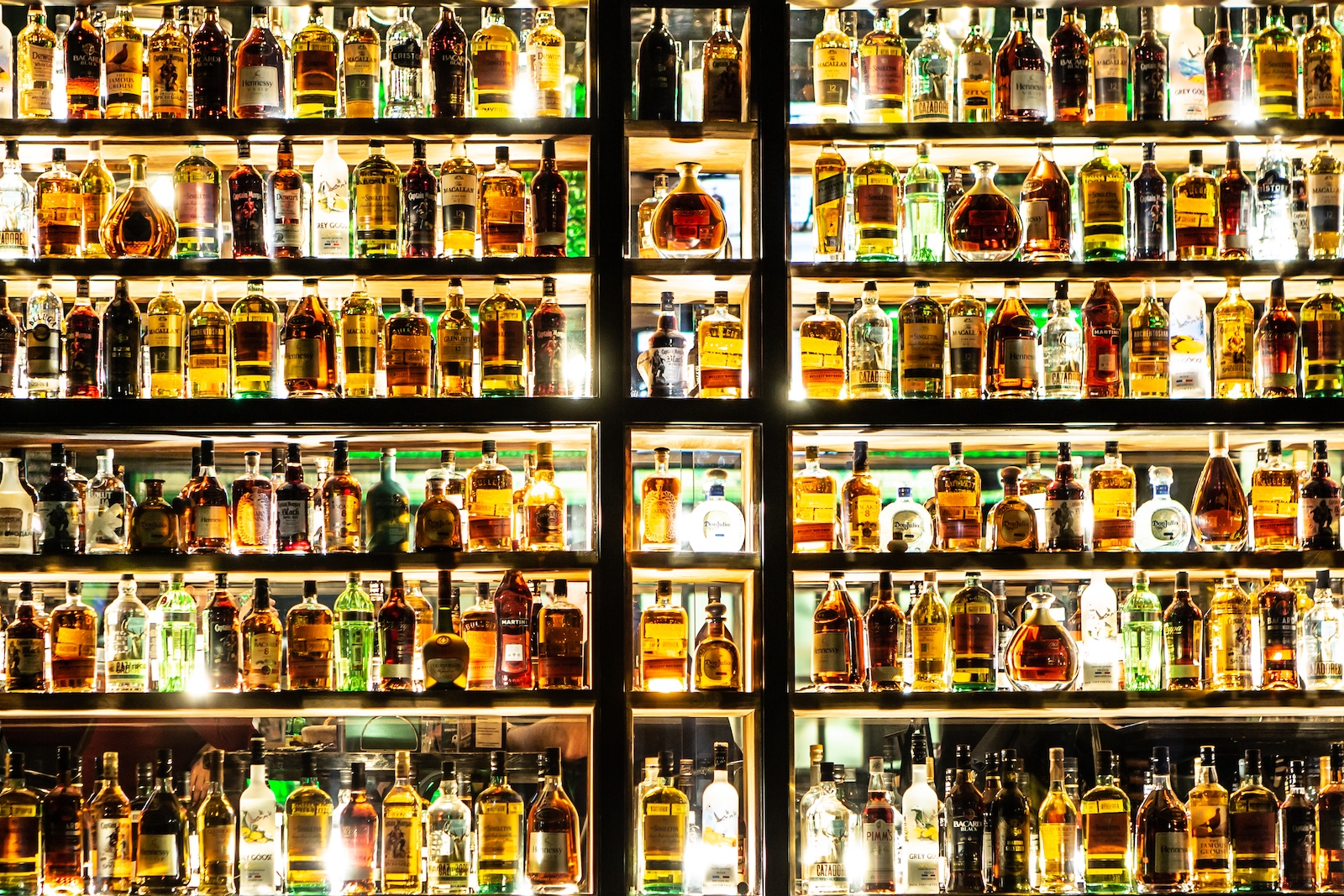
Tech
Why Tech Solutions are Vital in the Fight Against Illicit Alcohol
When the pandemic led to the closure of bars and beer halls in Zimbabwe, it gave rise to a thriving bootlegging industry that has persisted to this day. Although bootlegging has a long history in the country, it was the lockdowns that gave it a push as sellers could make as much as $250 in a day. But the popular moonshine – called musombodia, kachasu, or tumbwa, and often sold in brand-name bottles – is a dangerous concoction, produced by mixing ethanol or methanol with brown food colouring. Highly toxic and addictive, it has been responsible for several deadly poisonings.
The government is now cracking down on the moonshiners through raids of suspected illegal distilleries, though with only limited success so far. Indeed, the country is facing the same uphill battle against illicit alcohol as any other country where high demand for alcohol, particularly in times of crisis, is colliding with weak purchasing power. Poorer countries are thus facing a double challenge from the imperative to fight COVID and the flood of illicit alcohol, both of which are putting immense pressures on health services.
An ongoing scourge
Kenya is finding itself in a similar position given its long-standing struggle with alcohol smuggling along its border with Tanzania. Like Zimbabwe, Kenya has announced a new crackdown on the smuggling rings bringing substandard and counterfeit food and drinks from Tanzania into Kenya. With counterfeit alcohol alone accounting for almost a third of all smuggled products into the country, Kenya is representative of a phenomenon observable across the African continent. It’s believed that Africa consumes 40% of the world’s illicit alcohol – a statistic that represents huge amounts of government revenue losses and public health risks.
East African countries have suffered particularly heavy losses from cross-border illicit trade in recent years, losing up to $3.2 billion in annual revenues due to smuggling. However, as the experience in Zimbabwe and other countries shows, purely kinetic attempts at suppressing an entire industry have been shown to be highly ineffective, because these methods are reliant on hitting the right spot at the right time, while remaining necessarily limited in scope.
On the other hand, Kenya has taken a different approach, centred around high-tech solutions. Traceability systems like the Electronic Tax Stamp (ETS) system and the Digital Tracking Solution (DTS) allow authorities to maintain a tight overview of the alcohol market in a much more comprehensive manner – with impressive results.
The power of track and trace
The fight against illicit alcoholic beverages is an especially long-standing one in Kenya – a challenge the country has not only tackled head-on but also largely successfully. A few years ago, deaths from the consumption of illicit alcohol were common, but when the Kenya Revenue Authority (KRA) rolled out a track-and-trace system, the Excisable Goods Management System (EGMS) for alcoholic drinks in 2013, followed by one for soft drinks in 2019, tax revenue and safety of alcoholic beverages saw a rapid upturn.
As it’s been rolled out, the track-and-trace solution provided by SICPA, a Swiss-based specialist for a variety of security solutions, has enabled authorities to better map alcohol consumption patterns based on sales, and allows authorities to precisely identify the entry points of illicit beverages into the market. As a result, news stories like one from 2014 about fake alcohol killing more than 80 people in the country have become scarce.
This year, efforts have been dialed up a notch, with the launch of a 30-day ‘Rapid Results Initiative’ (RRI) in some regions. It’s hoped that the RRI programme will create even greater awareness of the manufacture, sale, and consumption of unauthorised alcohol and ensure that bars and other outlets are complying with government regulations.
A global problem
The improving situation in Kenya shows that a carefully monitored control system can bring significant benefits, an important lesson applicable across the world in regions suffering from similar problems. Southeast Asia is no stranger to bootlegged alcohol, with authorities in Phnom Penh, for example, having recently seized almost 16,000 litres of illegal alcohol. Given Cambodia’s widespread – and growing – consumption of moonshine, especially among increasingly affluent younger citizens, concerns about the damaging long-term social and economic effects are rising in the government.
There are structural problems underpinning Cambodia’s rising consumption: there is no minimum drinking age, no limitations on advertising, and no appetite for enforcing drink-drive limits. Add to this lax landscape the ready availability of counterfeit alcohol and it’s easy to predict a worsening public health picture in the coming months and years.
A similar situation prevails in Russia. In one notorious recent incident, 18 people died as a result of ingesting illegal booze in Yekaterinburg. It’s just the latest in a long string of poisonings linked to moonshine in the country. Earlier this year, an enquiry was opened into more than 30 deaths that were linked to a batch of bootleg alcohol containing highly toxic methanol in the Orenburg region in Russia’s southwest.
Each event leads to a fresh campaign to halt the illegal activity from beverage sellers, but none has so far made a dent on the thriving black market that is thought to account for half of all Russian alcohol sales.
Time to step up
It’s evident that countries like Cambodia, Russia, Zimbabwe, and untold more could reap the benefits of an effective track and trace system, especially in light of the immense social costs caused by the epidemic of illegal drinks. Not only would it curb the flow of illegal products, but could greatly advance the well-being of a growing section of society, given that the illicit alcohol trade mostly impacts the poorest and most vulnerable, multiplying existing inequities and lowering health outcomes.
Getting the contraband alcohol problem under control must be an urgent imperative in these trying times. With COVID being an incredibly costly and demanding challenge that is likely here to stay for the foreseeable future, governments the world over should not lose sight of the illicit alcohol problem.

